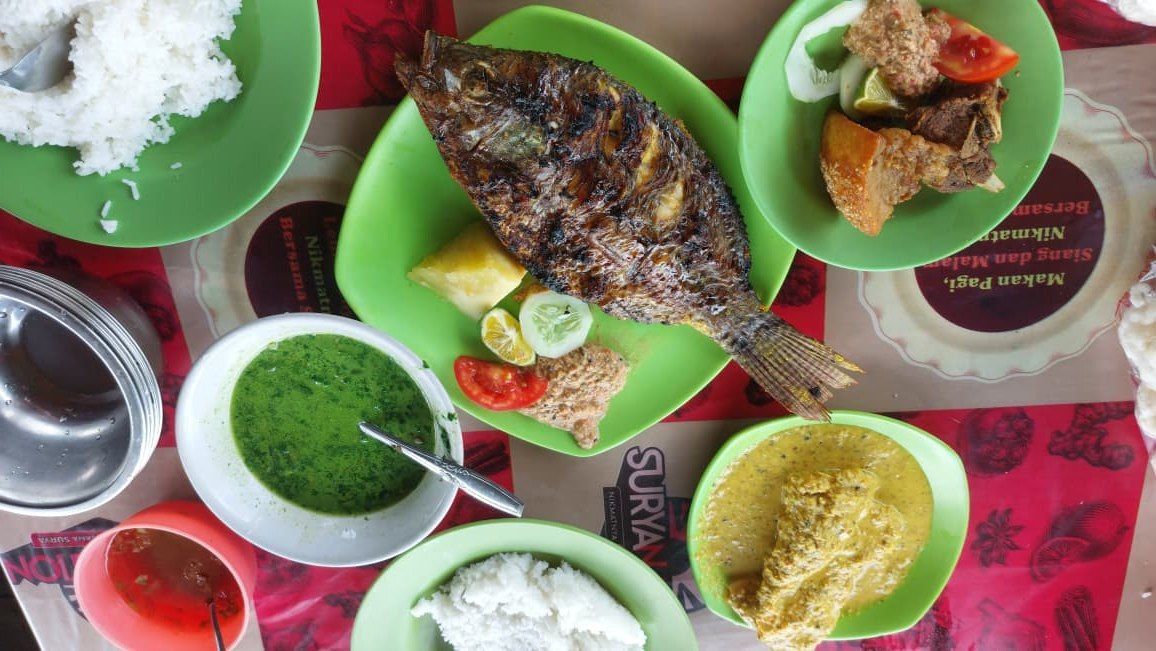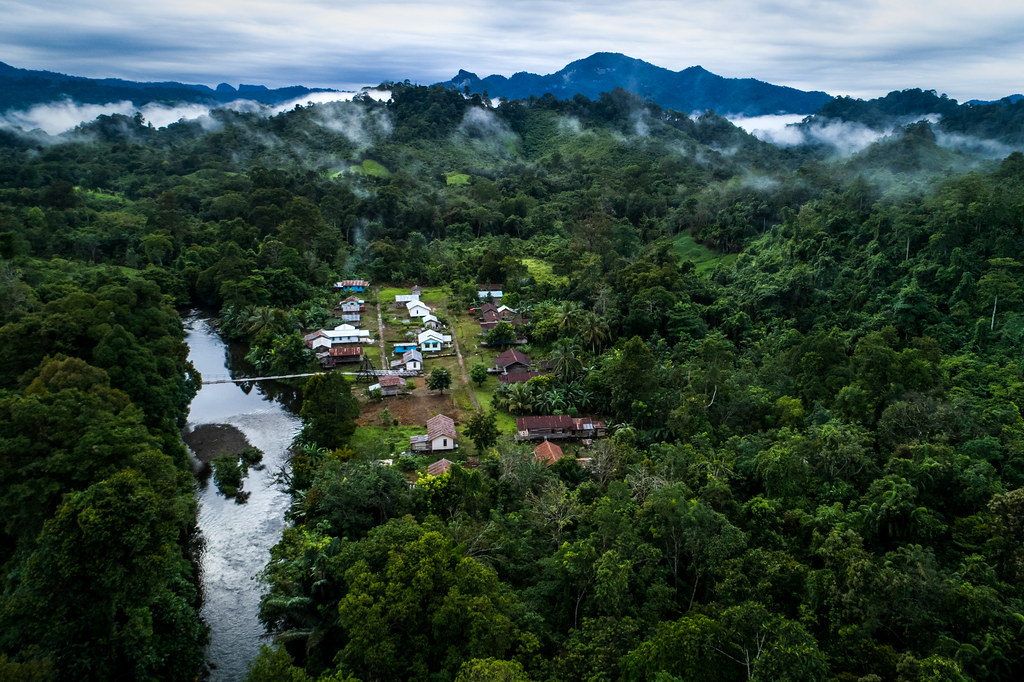A recent survey has found that the majority of Australians are against Welcome to Country ceremonies being held before sporting events like the AFL Grand Final.
Wurundjeri Elder Uncle Colin Hunter Jnr was called up by the AFL to deliver the welcome in 2024 and kept the proceedings short and simple, free of controversy. He will carry out the ceremony again at Saturday's decider.
However, AFL Welcome to Country ceremonies have sparked debate in recent years, with critics calling them divisive while others defend their cultural importance.
Now a survey, carried out in September, has found that 63 per cent of Australians want Welcome to Country ceremonies removed from sporting events, with support even higher among 18 to 24-year-olds at 72 per cent.
It also showed 64 per cent of respondents believe codes like the AFL have become too politically correct, while 77 per cent think athletes should not campaign for personal political causes.
The survey was commissioned by the conservative free-market think tank the Institute of Public Affairs [IPA].
The poll was undertaken by independent marketing research firm Dynata, which surveyed 1007 Australians. Demographics were not specified.
AFL invited Wurundjeri Elder Uncle Colin Hunter Jnr to deliver the 2024 Welcome to Country and he will carry out the ceremony at Saturday's AFL Grand Final
A shock poll reveals 63 per cent of Australians want Welcome to Country ceremonies removed before major sporting events like the AFL Grand Final
IPA deputy executive director Daniel Wild said the survey proved the average Australian was sick of Welcome to Country ceremonies at sporting events like the AFL Grand Final.
'With the AFL and NRL grand finals around the corner, almost two-thirds of Australians have called for divisive and insulting welcome to country performances to be axed from sporting events, which are designed to divide Australians,' he said.
The survey was commissioned in response to news that Australian Test cricket captain Pat Cummins has backed a $50million government program supporting climate initiatives in sporting clubs.
'Sport is a defining component of the Australian way of life, where we all can play and cheer together. The message from mainstream Australians is clear: play the ball and not the politics,' Wild said.
'Australians simply do not want their sporting icons using their privileged platform to engage in divisive political posturing.
'Remarkably, it is young Australians who are leading the revolt against woke and divisive sports stars who are shameless in their divisive moral hectoring of mainstream Australians.'
However, that survey stands in stark contrast with the 2024 Australian Reconciliation Barometer [ARB] survey, which has revealed that younger people are overwhelmingly in favour of Welcome to Country ceremonies.
A total of 2,559 people were surveyed, comprising 547 Aboriginal and Torres Strait Islander people and 2,012 non-Indigenous people - weighted to represent the broader Australian community.
IPA deputy executive director Daniel Wild claimed Australians were tired of 'divisive' ceremonies and politics creeping into sport
Contrasting results from Reconciliation Australia showed 80 per cent of younger Australians support Welcome to Country ceremonies at major events
The results of the national survey showed 80 per cent backed Welcome to Country ceremonies at major sporting events compared with 55 per cent of older Australians.
The survey also revealed that 85 per cent of Australians believe the relationship between non-Indigenous Australians and Aboriginal and Torres Strait Islander peoples is important.
Among younger respondents, 66 per cent said they were committed to acting in support of reconciliation compared with 47 per cent of older Australians.
Multicultural Australians also showed strong commitment, with 81 per cent valuing truth-telling compared to 67 per cent of Anglo-Australians, and 36 per cent believing past wrongs must be rectified compared with 24 per cent of Anglo-Australians.
Reconciliation Australia CEO Karen Mundine said she was encouraged by the findings.
'It gives us hope to report that Australians now largely accept the truths of our history, place importance on our relationships with each other, and are prepared to work together,' she said.
Despite the optimism, the report found 54 per cent of Aboriginal and Torres Strait Islander respondents had experienced racism in the past six months, up from 39 per cent a decade earlier.
'This exposure to racism has meant that half of the First Nations people surveyed feel unable to be true to their cultural identity in their community, in their dealings with government departments and in the criminal justice system,' Mundine said.
'This is a shocking finding and adds weight to calls for governments to fully implement the National Anti-Racism Framework, as a key established mechanism to address systemic racism in Australia.'

 3 months ago
127
3 months ago
127

















































